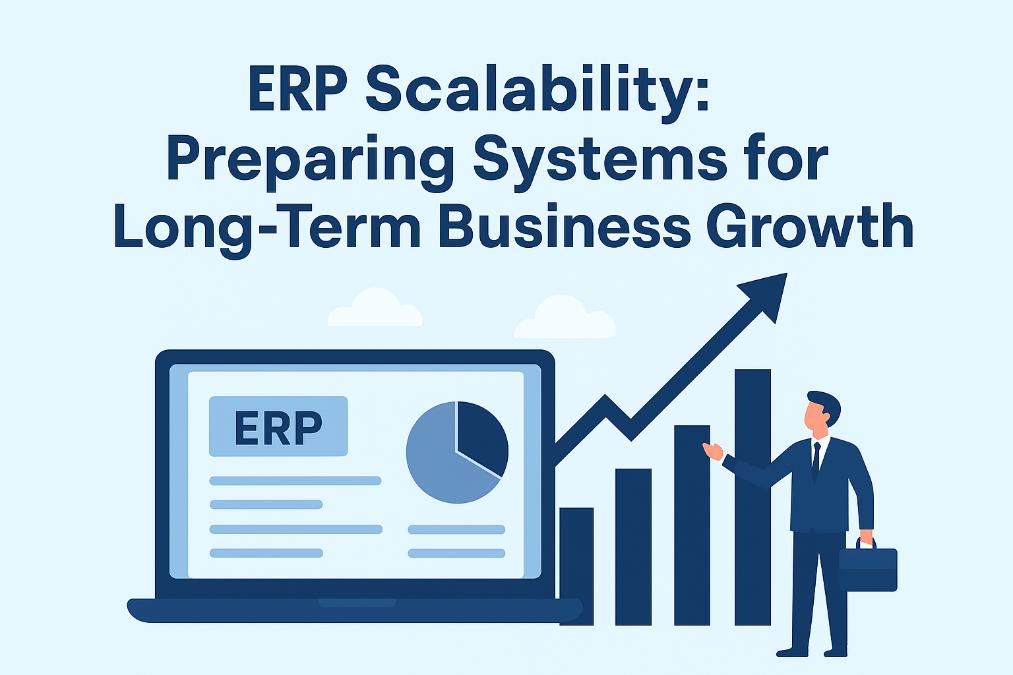Enterprise Resource Planning (ERP) systems are the backbone of many organizations, connecting finance, inventory, HR, supply chain, and customer data in one place. But as businesses expand, their ERP must keep pace with rising data volumes, additional users, and new workflows. Scalability is the difference between software that grows with you and software that holds you back.
Why Scalability Matters
A scalable ERP system protects your investment by adapting as your company evolves. It ensures consistent performance and minimizes costly upgrades or migrations.
Key benefits include:
- Support for Growth: Easily add users, modules, or subsidiaries without system slowdowns.
- Cost Efficiency: Avoid replacing your ERP every few years by planning for expansion.
- Performance Reliability: Maintain speed and uptime even as workloads increase.
Features of a Scalable ERP
When evaluating ERP solutions, prioritize platforms that offer:
- Modular Architecture: Add only the features you need, when you need them.
- Cloud Flexibility: Cloud-based ERPs provide elastic resources to handle surges in demand.
- Strong Integration Capabilities: Seamless APIs and connectors allow smooth communication with third-party tools.
- Advanced Analytics: Handle large datasets and deliver real-time insights as your data footprint grows.
Building an ERP Scalability Strategy
- Assess Long-Term Business Goals
Understand where your organization is heading, new markets, product lines, or service offerings, and select an ERP that aligns with those ambitions. - Review Vendor Roadmaps
Partner with ERP providers that release regular updates and invest in future-ready technology. - Adopt Cloud Solutions Where Possible
Cloud ERPs allow you to adjust storage, processing power, and licenses on demand. - Plan for User Adoption
A scalable ERP only succeeds if your team understands how to use it as features and data volumes grow.
Avoiding Common Pitfalls
Businesses often underestimate future requirements or choose systems based solely on current needs. Others neglect integration planning, leading to siloed data. A forward-looking approach, one that balances flexibility, performance, and cost—is essential.
Conclusion
ERP scalability is not just a technical consideration; it is a strategic investment in the longevity of your operations. By choosing systems designed to grow with your business, you create a stable foundation for innovation, efficiency, and sustainable success.



